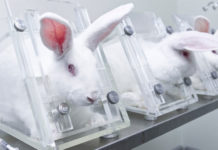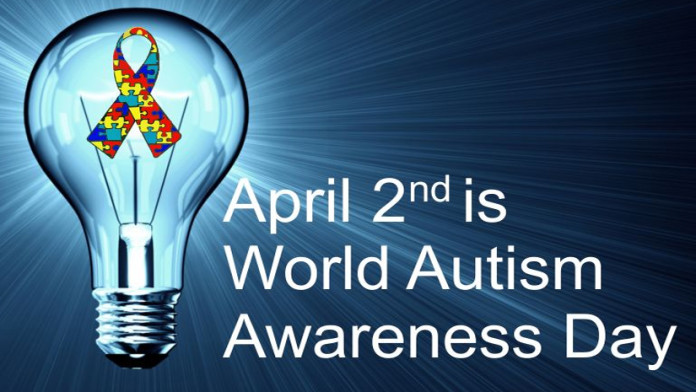April 2 is celebrated as World Autism Awareness Day since 2008 and April is considered as World Autism Awareness Month and is symbolized with a puzzle piece- to denote the complexity and mystery of ASD.

Presently, there are no medical test that can diagnose autism. Instead, specially trained physicians and psychologists administer autism-specific behavioral evaluations, based on questions and observations by parents towards the unusual behaviors of their kids- such as failing to make eye contact, not responding to his or her name or playing with toys in unusual, repetitive ways.

Parents are to trust their instincts and find a doctor who will listen and refer their child to appropriate specialists for diagnosis. Although, unfortunately, many doctors unfamiliar with diagnosing autism either dismiss parent concerns thereby delaying diagnosis and the opportunity for early intervention therapies or mis-diagnose the condition. Autism Speaks and other autism organizations are working hard to raise awareness of early signs among physicians as well as parents.
 From birth to at least 36 months of age, every child should be screened for developments, and if there are any concerns, then the doctor should refer the child to a specialist in developmental evaluation and early intervention. These evaluations should include hearing and lead exposure tests as well as an autism-specific screening tool such as the M-CHAT. Among these screening tools are several geared to older children and/or specific autism spectrum disorders.
From birth to at least 36 months of age, every child should be screened for developments, and if there are any concerns, then the doctor should refer the child to a specialist in developmental evaluation and early intervention. These evaluations should include hearing and lead exposure tests as well as an autism-specific screening tool such as the M-CHAT. Among these screening tools are several geared to older children and/or specific autism spectrum disorders.
Symptoms:
Autism spectrum disorders (ASD) are characterized by social-interaction difficulties, communication challenges and a tendency to engage in repetitive behaviors. However, symptoms and their severity vary widely across these three core areas.
While autism is usually a life-long condition, all children and adults benefit from interventions, or therapies, that can reduce symptoms and increase skills and abilities.
By: Archa Dave




























